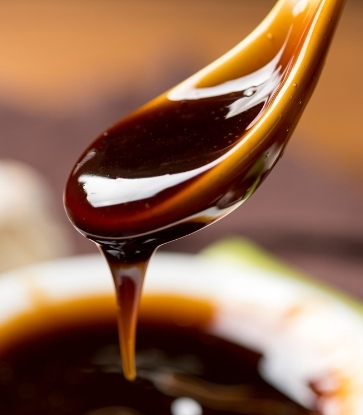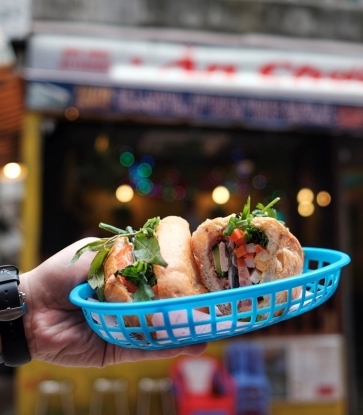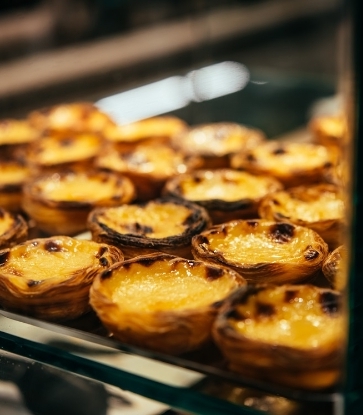At one-MICHELIN-starred Paste in Bangkok, chef Bee has been cooking at the family-owned restaurant since the age of five. Over the years and under the tutelage of older relatives, she has pored through family cookbooks and developed her own understanding of Thai cuisine. In 2013, she opened Paste with her Australian husband Jason Bailey and has gradually made a name for herself by reinterpreting the old Thai recipes. Combined with the century-old cooking techniques and ingredients sourced directly from local growers, dishes at Paste have been garnering attention. The restaurant was recognised with one MICHELIN star in 2018, and has kept the star ever since.
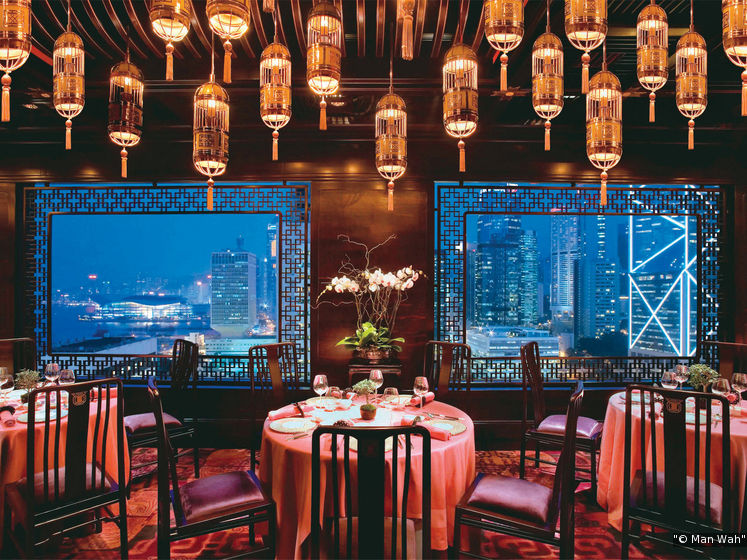
Chef Wong Wing Keung, likewise, has always been perfecting his skills by constantly revisiting a “culinary bible” passed on to him by his chef father. He draws from the collection of old banquet menus and recipes for inspiration for improvements on his dishes. His current obsession: the classic, nearly extinct Cantonese dish of Deep-fried Sea Urchin Pudding, which has roots tracing back to the illustrious gourmand Jiang Taishi. Better known locally as gwo zaa, the dish is made of deep-fried broth-based custard that demands great skill in every step of its execution. After rounds of experimentation, Chef Wong has now made it one of his signature dishes at Man Wah.
RELATED: Tracing The Origin: Deep-fried Custard
The two chefs will be joining hands for the first time on October 18 and 19 to deliver a 10-course tasting menu. We find out more about their upcoming collaboration, and what they think of each other.

What do you think about four-hands collaborations in general?
Satongun: It is definitely a good way to learn from each other's cuisine, and to cook with a new team is always fun and challenging. Also, four-hands collaborations can allow guests to enjoy something new and fresh that they might not have tried before.
Wong: It has become a popular trend over the past few years, and I am very excited to have this as my first four-hands collaboration with another chef whose expertise is different from mine. Collaborations like these offer a wonderful opportunity for chefs with diverse backgrounds and experiences to explore different cooking techniques, to learn about unfamiliar ingredients, and to be inspired throughout the process. Collaborations can take diners on a cross-cultural culinary journey incorporating the best of each cuisine, and is full of surprises.
How do you usually select your four-hands partner?
Satongun: The chef must be creative and share the same cooking philosophy with me. We must also have fun together and great chemistry!
Wong: I think it is important to partner with chefs who share the same passion, which is to delight guests through a gastronomic experience. I enjoy working with those who are open-minded and willing to exchange their knowledge and experience, which can be a great learning curve for both parties.

What do you think about your four-hands partner this time?
Satongun: I appreciate Chef's Wong techniques and understanding on Chinese cuisine. He focuses on the quality of ingredients and try to bring out the best for his guests.
Wong: Chef Satongun is an amazing chef who masters a great variety of cooking techniques and is so delightful to work with. Both of us share similar views and are passionate for resurrecting age-old recipes and revitalising them for contemporary palates and food trends by using modern techniques or alternative ingredients. For example, the Deep-fried Sea Urchin Pudding dish we serve at Man Wah is my reinterpretation of a dish by Jiang Taishi, a renowned politician and gourmand from the Qing dynasty. Instead of using the rooster testicles that the original recipe calls for, I choose to use sea urchin, which is a healthier alternative with a similar texture.

Please tell us more about the menu you’re presenting together.
Satongun: Our collaboration menu will follow a traditional Chinese menu format but include a Thai twist, with the addition of my signature Thai dishes. I will be prepare the entrées, which will include Smoked Trout Tapioca Dumplings, followed by Paste Bangkok’s signature Watermelon and Fish Roe Soup, something that is inspired by an old Thai recipe dating back to 1968. Next, I will take our guests on a journey to Northern Thailand with a Northern Chiang Mai River Prawn Salad, which is another traditional old recipe from 1905. Finally, I will prepare two main courses, an oven-roasted chicken served with red curry and a flower crab with shrimp paste, both dishes that are packed with flavours.
Wong: I will present several of our restaurant's award-winning dishes including the Steamed and Sautéed Egg with Lobster, Sea Urchin and Mini Goldfish Dumpling, Braised Beef Rib with Gravy Sauce, and Pan-fried Mushroom Bun.
What’s one tip for guests to enjoy this collaboration to the fullest?
Satongun: This is my first collaboration with Chef Wong, and I hope to bring some surprises to the guests and to let them gain a greater understanding of both cuisines. This is the second time I have had a collaboration with Chinese cuisine chefs. The last one was with Hong Kong’s oldest restaurant, Ser Wong Fun, where I got to learn about the complexity and depth of Chinese cuisine.
Wong: It will be an exclusive experience as the extensive menu highlights noteworthy Cantonese and Thai delicacies. I encourage guests to come hungry and be ready to have a meaningful meal.








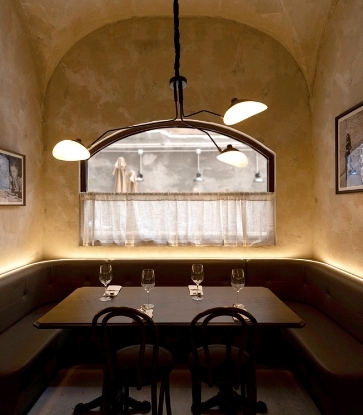
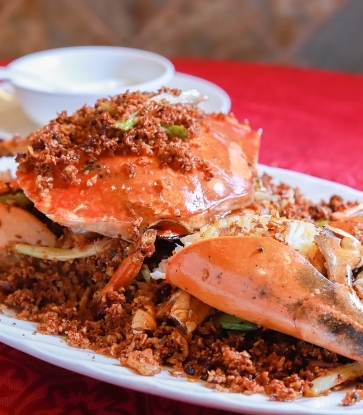
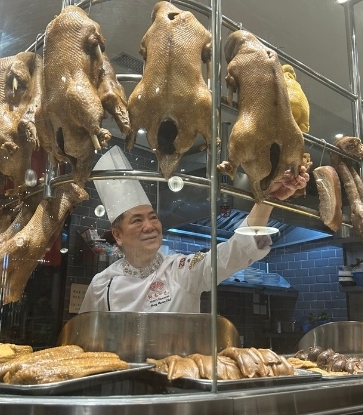
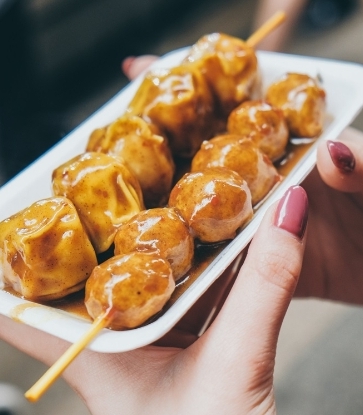
%20-%20Aman%20Nai%20Lert.jpg)


